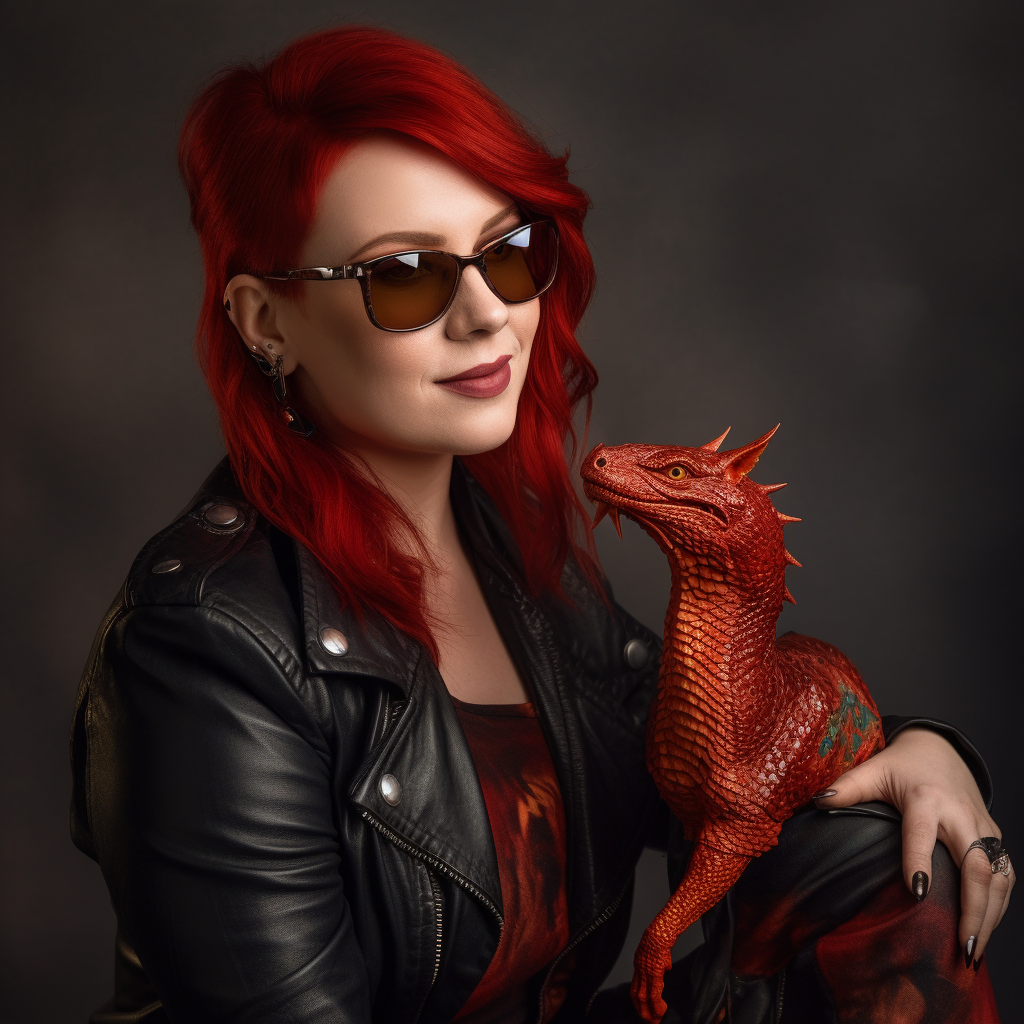I put Kea-not-Chloe to bed — mine, because the house hadn’t kindly obliged by sprouting another room when the Marble Witch had created her out of springtime scraps and squelched longings — and shut the door quietly.
Walked into the kitchen. Headed straight for the fridge and a beer. Opened it. And that’s when I slumped over the kitchen counter like a man who’s had his world shattered a thousand times and walked through walking dreams so strong they’d formed into jagged nightmares.
That’s what I was, after all, and it was time to stop pretending I was man enough to handle it. If the witch killed me for not pulling this job, well.
I’d deserved it since Tulsa.
The couch I’d be spending the night upon looked decided lumpy, but staring at it was better than staring at the bedroom door where I’d just read my makeshift daughter a bedtime story. Miniaturized, so I knew it must have been Geo’s, with well-worn corners.
In a day, it might be all either of us had to remember her by.
“You can’t keep her, Hayes.” Geo looked up from the thick bundle of newspaper he’d been pretending to read and pulled a frog-sized cigar and one of those snappy metal lighters from the inside of his smoking jacket. “She’s not a normal girl.”
“I know.” My voice was hoarse, barely audible in the small room. I slugged back half the beer and set it carefully down. “You’ve been quieter than usual.”
He flicked the lighter with restless familiarity. “I had kids, once upon a time.”
“A lot of tadpoles, I imagine.” The joke fell flat, but I hadn’t bothered with the right emphasis.
Geo took his time lighting the world’s smallest poison-wrapped leaf and puffed a few times. “Wasn’t always like this. Froglike. A long time ago.”
Bracing my hands on the cheap linoleum, I pushed myself up with effort. “Same.” I studied the cold bottle, watching condensation drip and pucker a poorly-adhered label. “Had a daughter, once.”
He looked at me silently, a tiny curl of smoke wafting over his head and out the open window. Twilight silhouetted the amphibian from his padded chair.
The couch I’d be sleeping on tonight would reek of it. The floor might be more comfortable after all.
“Back in Tulsa,” I started. My voice broke, and I shook my head. “Never mind. It doesn’t matter.”
“Doesn’t it? What were you thinking?” He hopped down and headed toward me with a purpose, heading straight upward on the wall with sticky fingers in that way that made me dizzy.
“I didn’t,” I started to protest.
“You damn well did.” He blew the last of the smoke in my face and tossed the burning end of his cigar into the sink, dark eyes angry, sideways oval pupils narrow. Sticky hands gripped the collar of my shirt before I even knew he’d leapt upon my chest.
“Come on, man.” I tried to brush him off.
He wasn’t having it. “Playing with fire, that’s what you are. Racing through life like you don’t care.”
“Con man’s an excellent gig for those who prefer avoiding life,” I ventured. “And more dangerous than I’d anticipated. It’s why I went legit.”
“Right, because pentesting isn’t a nice term for the exact same thing. A con job. What kind of life is that for a daughter?”
“Low blow,” I grated out, tugging him futilely.
“You challenged the witch!” He shook my collar with surprising strength. “And you claim to have learned after Tulsa?”
I froze. “How…what d’you know about that?”
“You asked the witch for a daughter. A human being! Like you were going to the store and could just buy one!”
“Hey—”
Geo pitched his voice high. “Oh, honey, while you’re at the store, would you mind, would you pick up—”
I cut him off, a flush of anger washing over me. “Then I will damn well shoplift her if it means I get to keep my daughter!”
The smoke he’d blown into my face giggled and swirled around my nose. Once, twice, thrice. And then it zipped out the door.
“From your mouth to the fae’s ears,” Geo murmured. He looked up at me, relaxed again. “You’ll need their help to counter her magic. Dangerous, though.”
“I’ll be careful.” For her, I thought but didn’t say.
He heard it anyway, when I looked at the closed bedroom door.
“Better start planning.” He released my shirt and hopped his way toward his bedroom. “You’ll have to be careful. Or you might end up a frog.”
***
This week, Padre challenged me with “Honey, while you’re at the store, would you mind grabbing…”, plus I worked in the spare prompt of an excellent gig for those preferring to avoid life. My prompt went to Becky Jones with the case of the missing post-it note. Find these, and more, over at MOTE! Join us!

